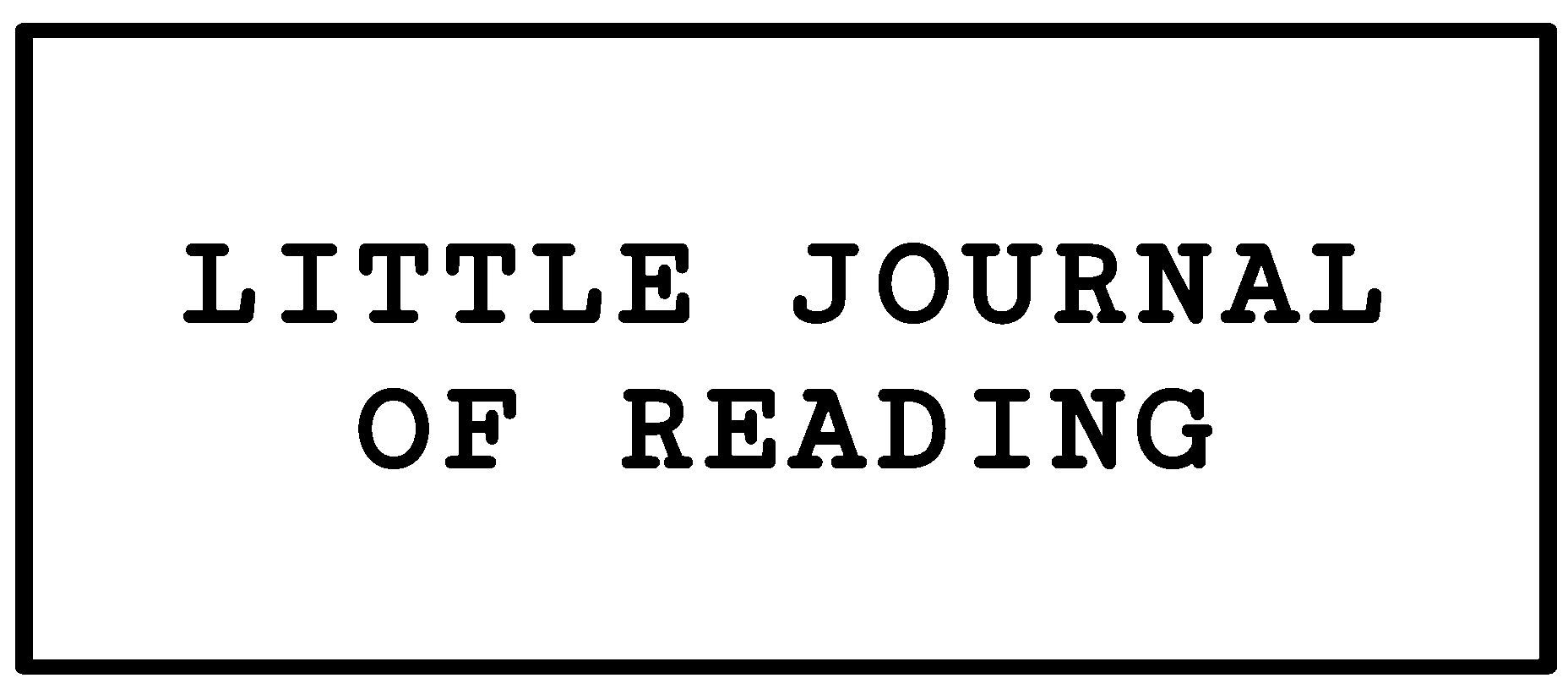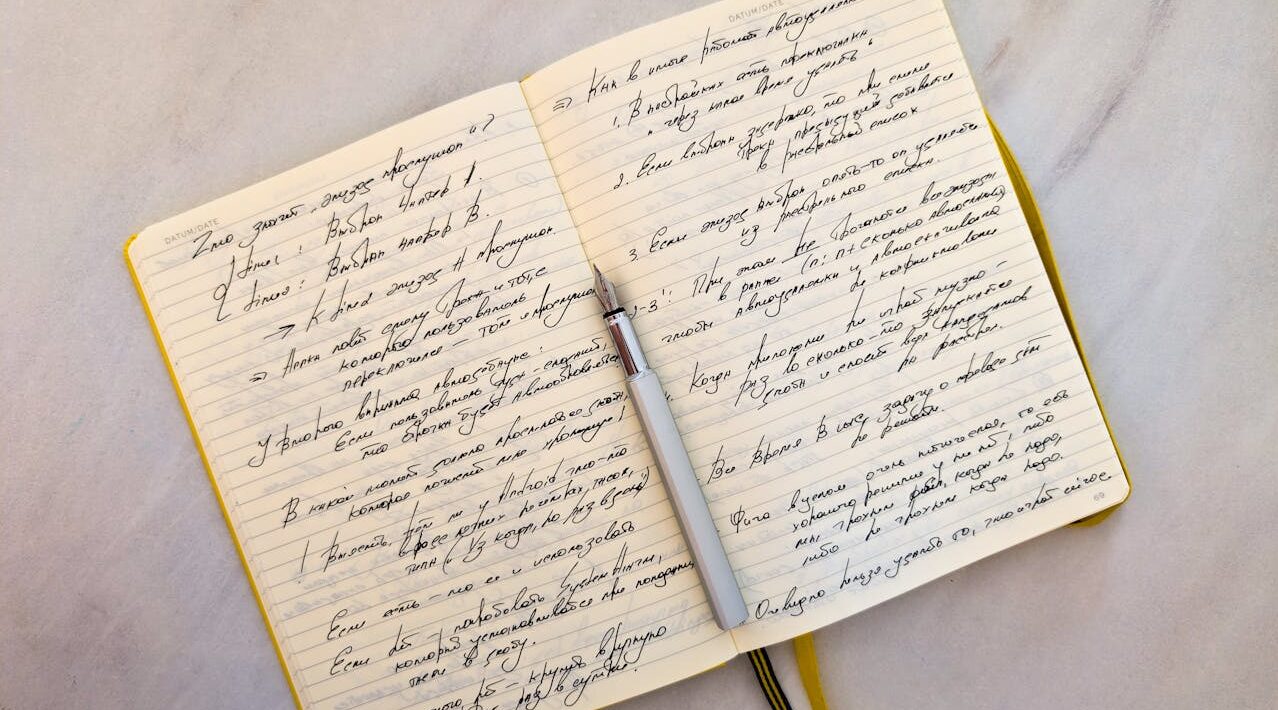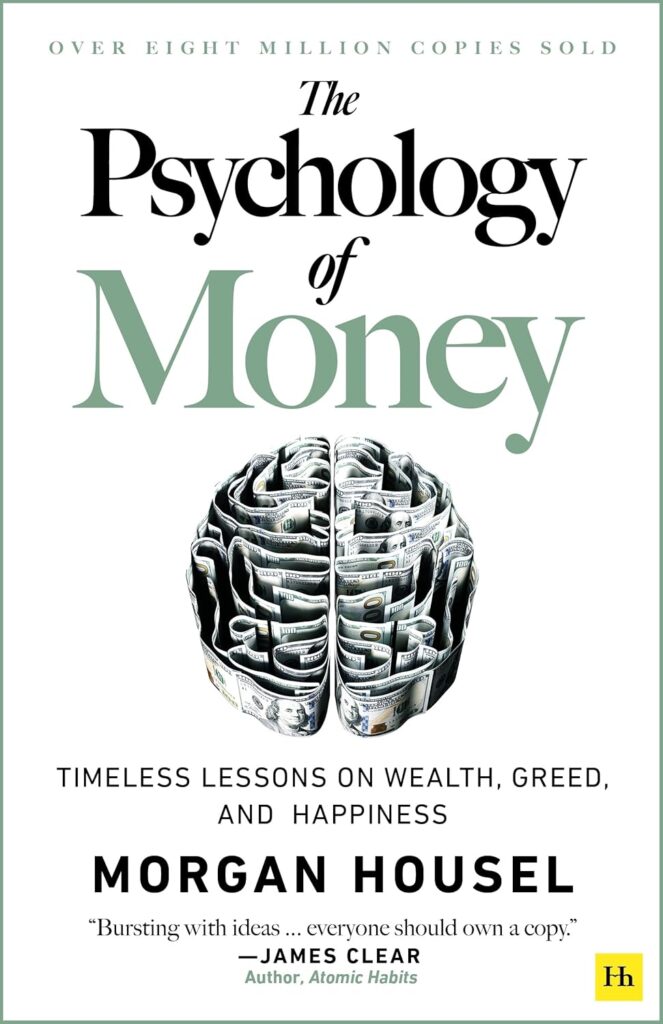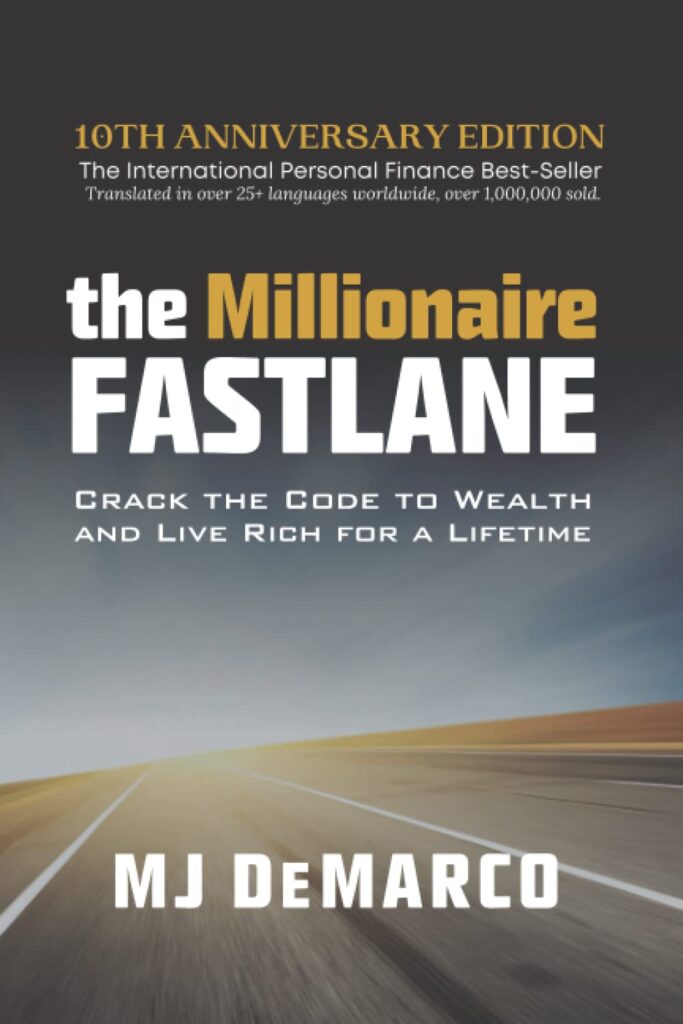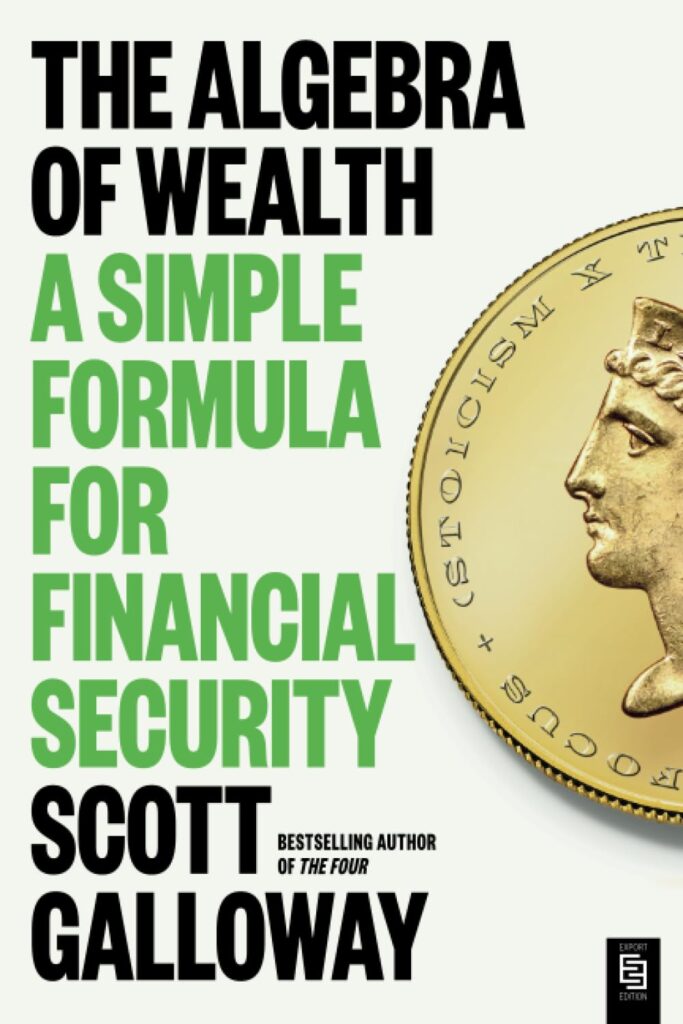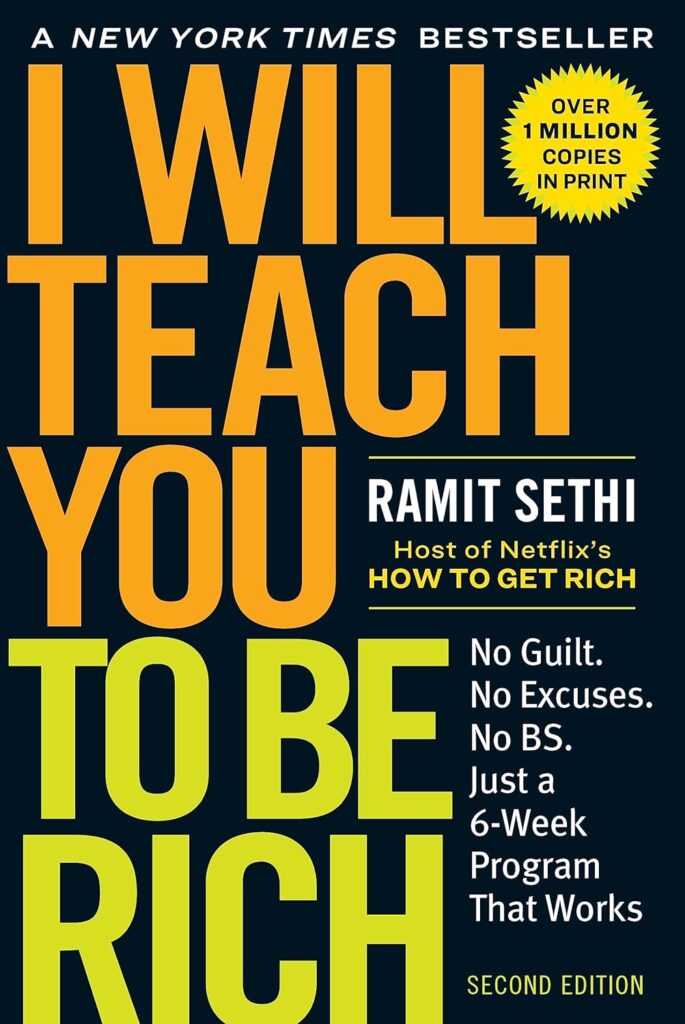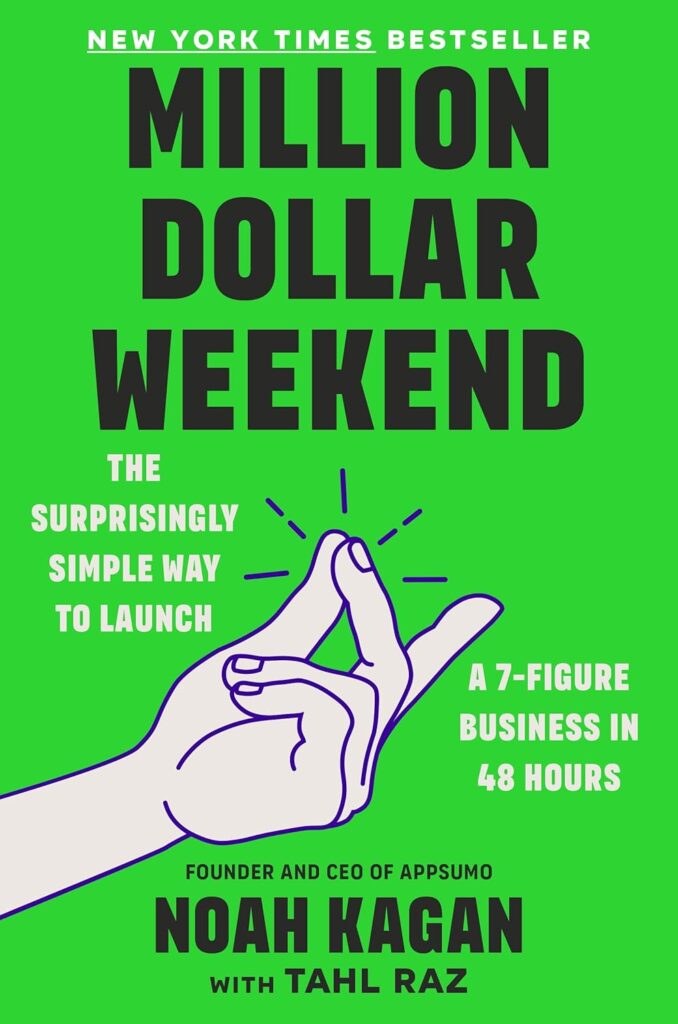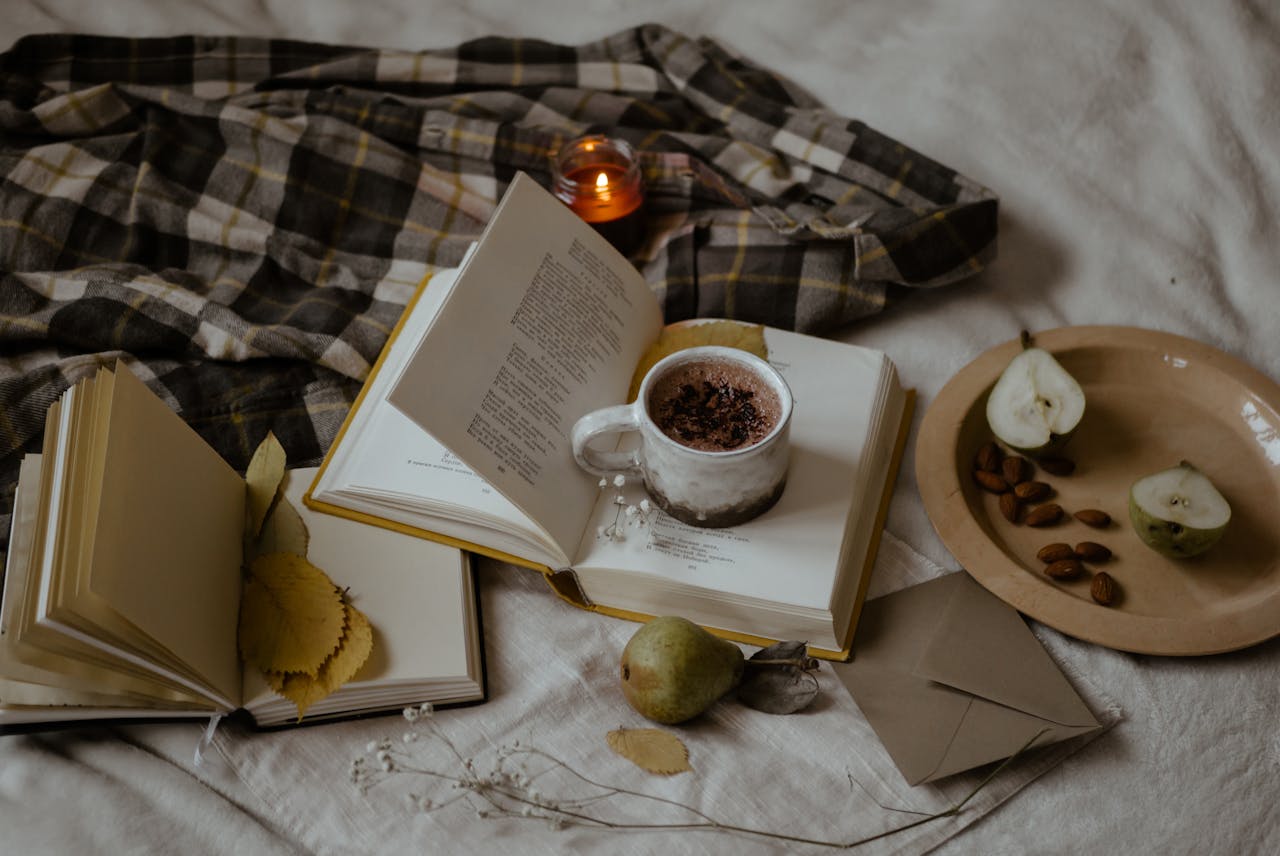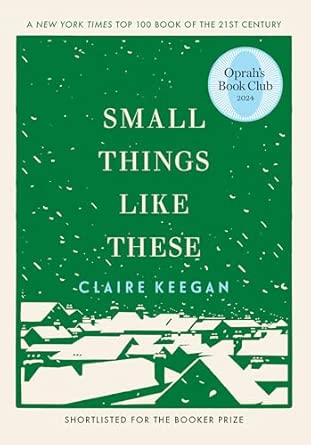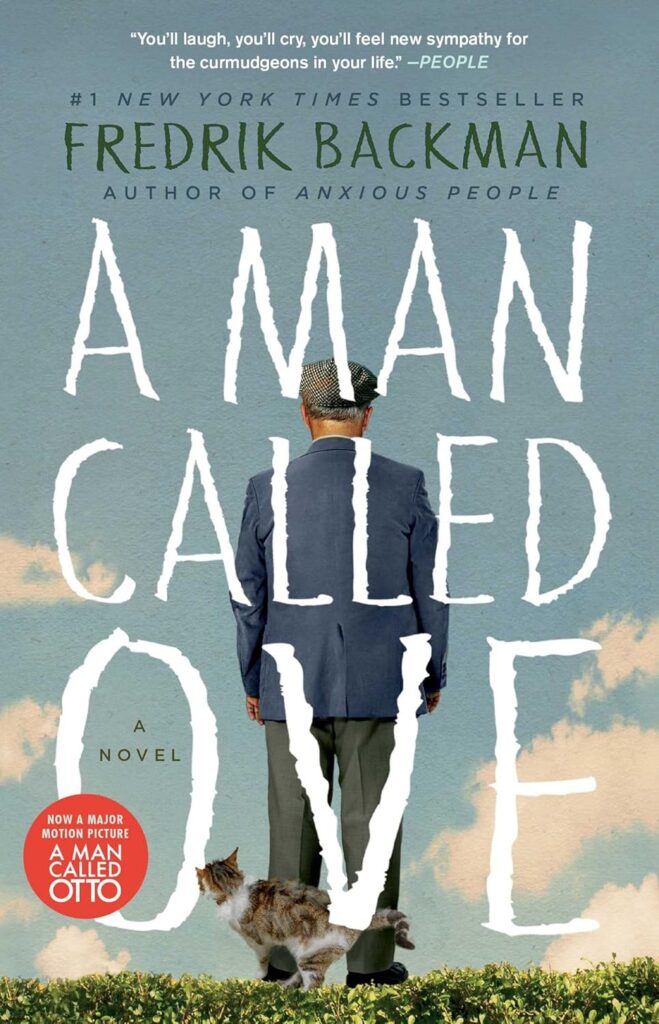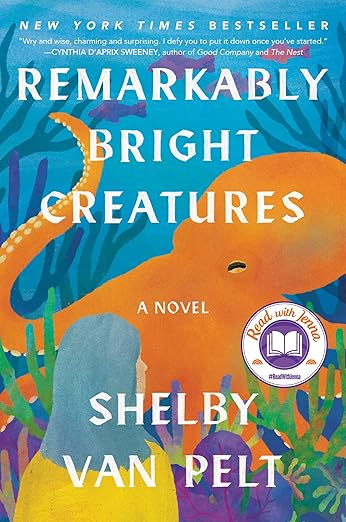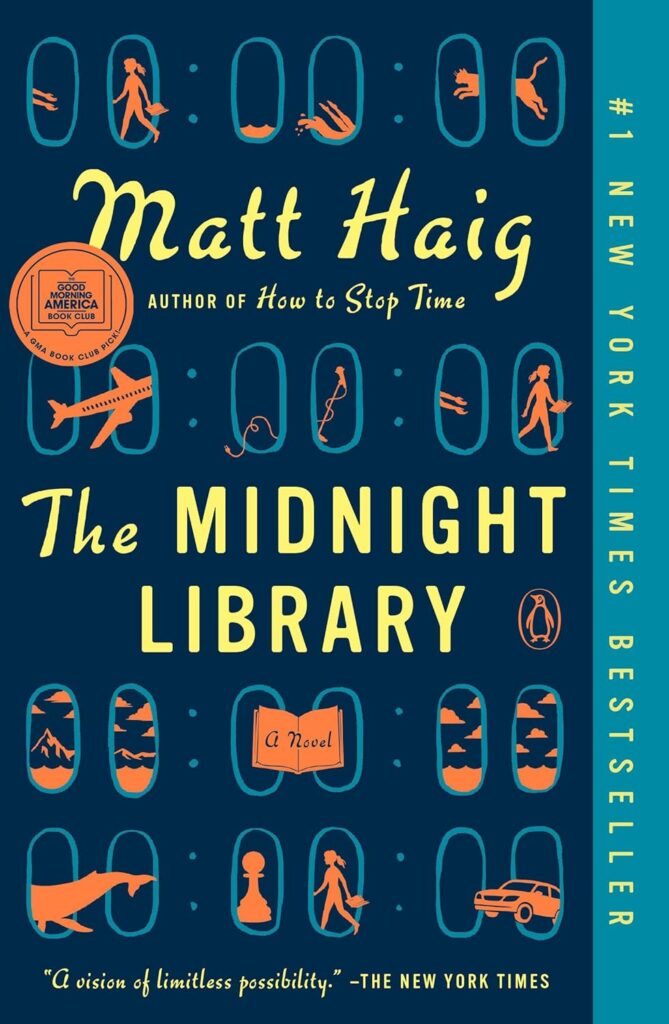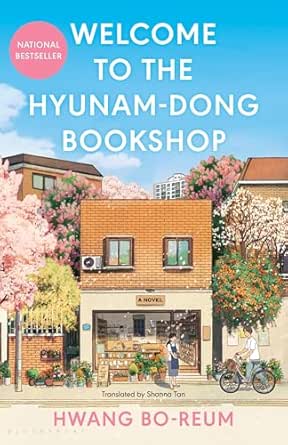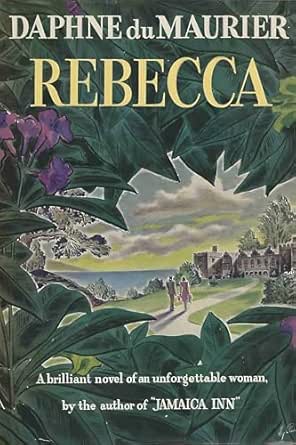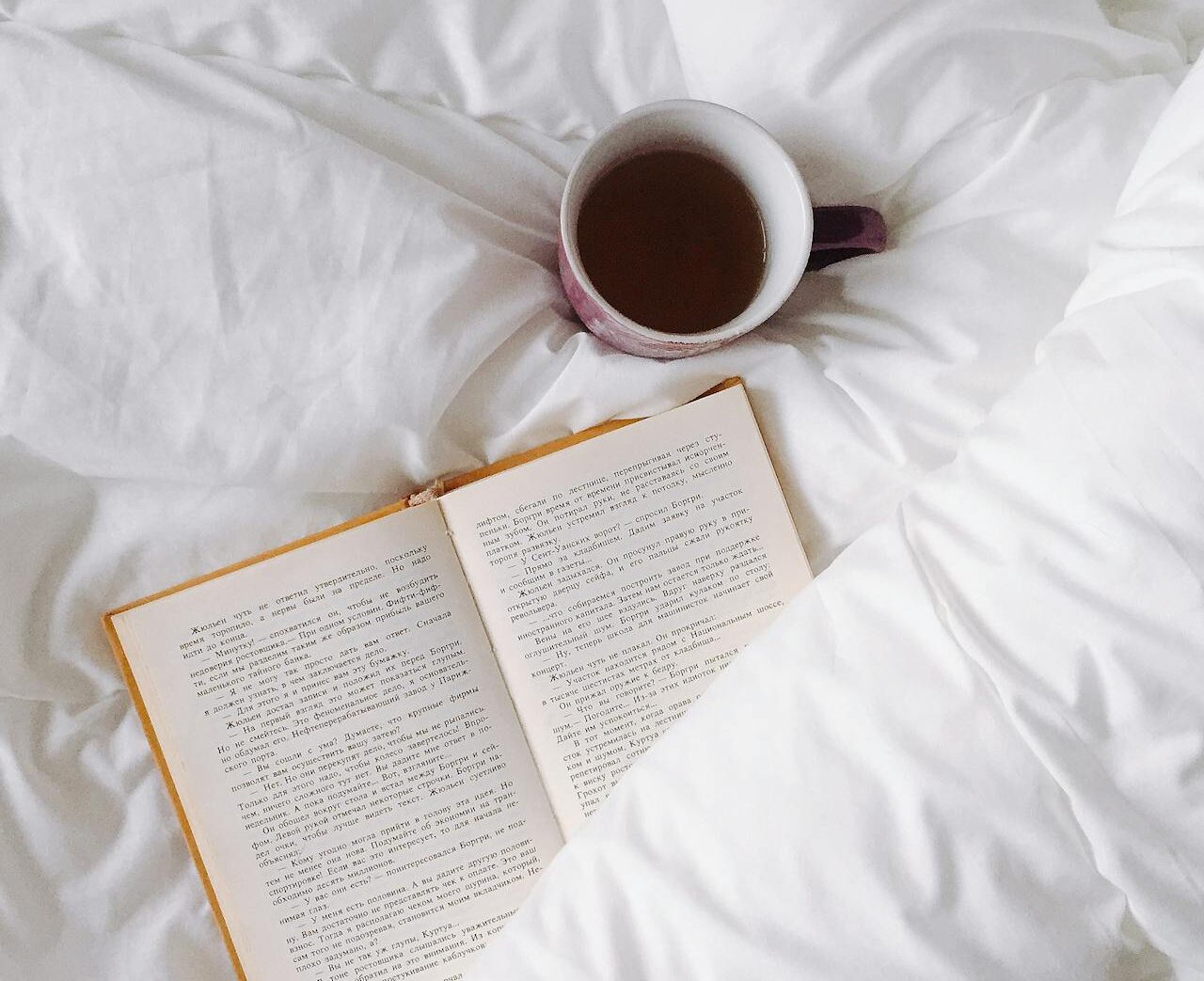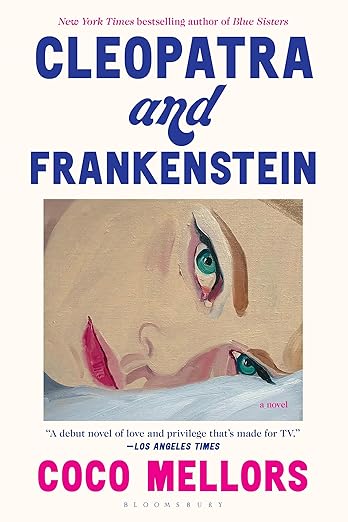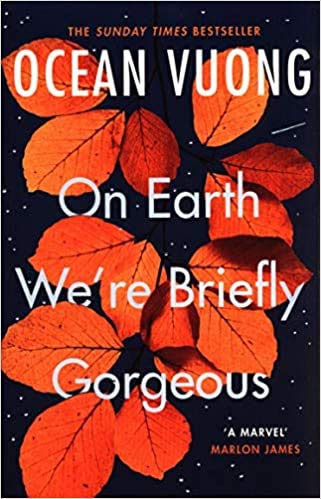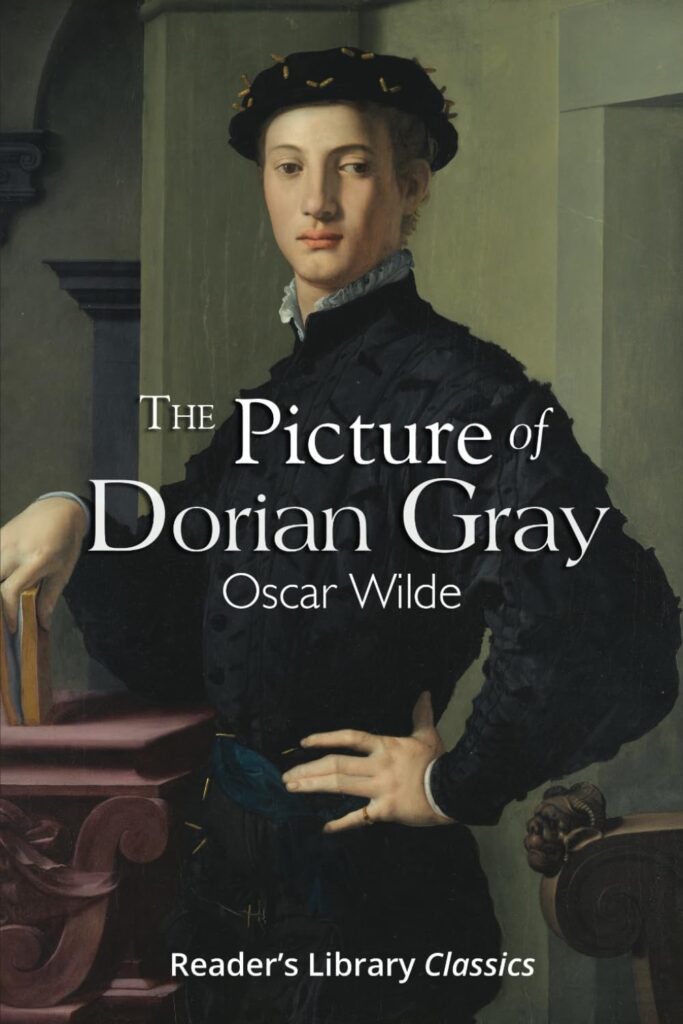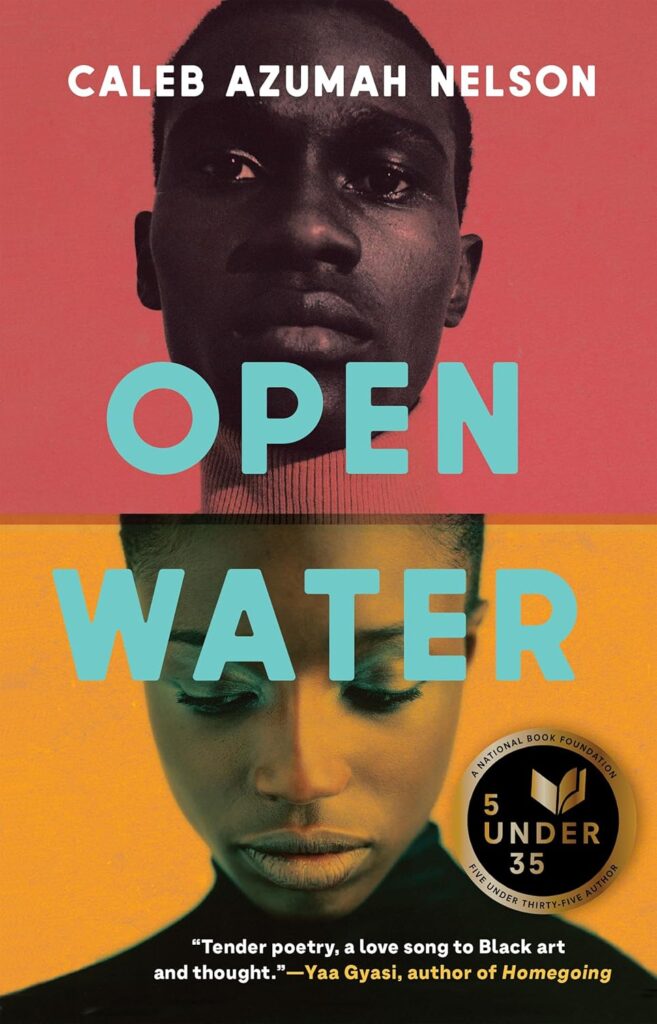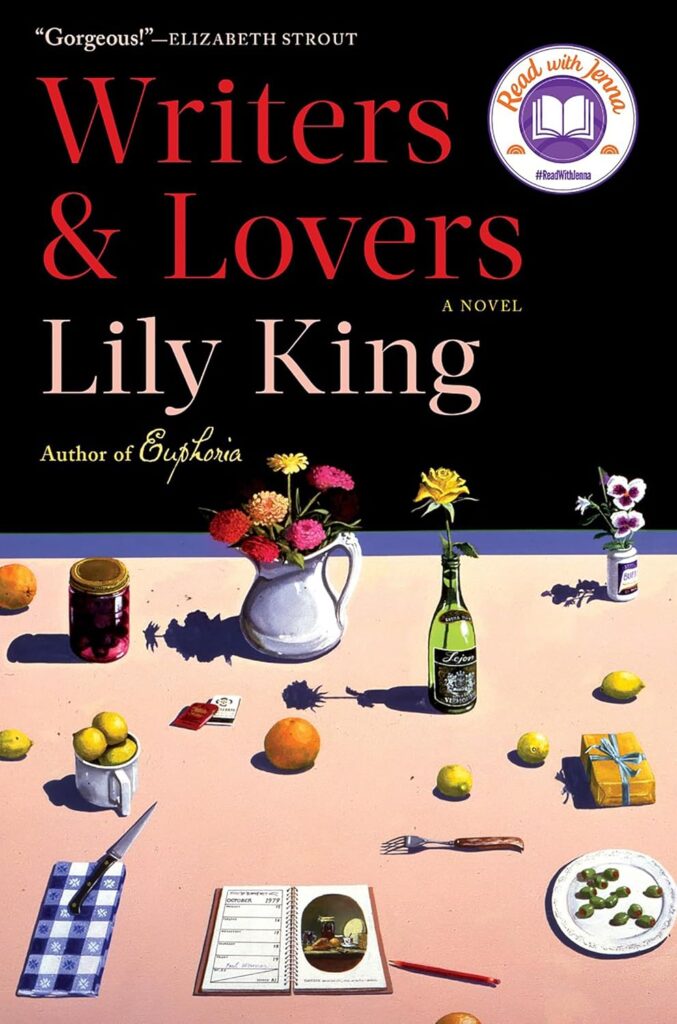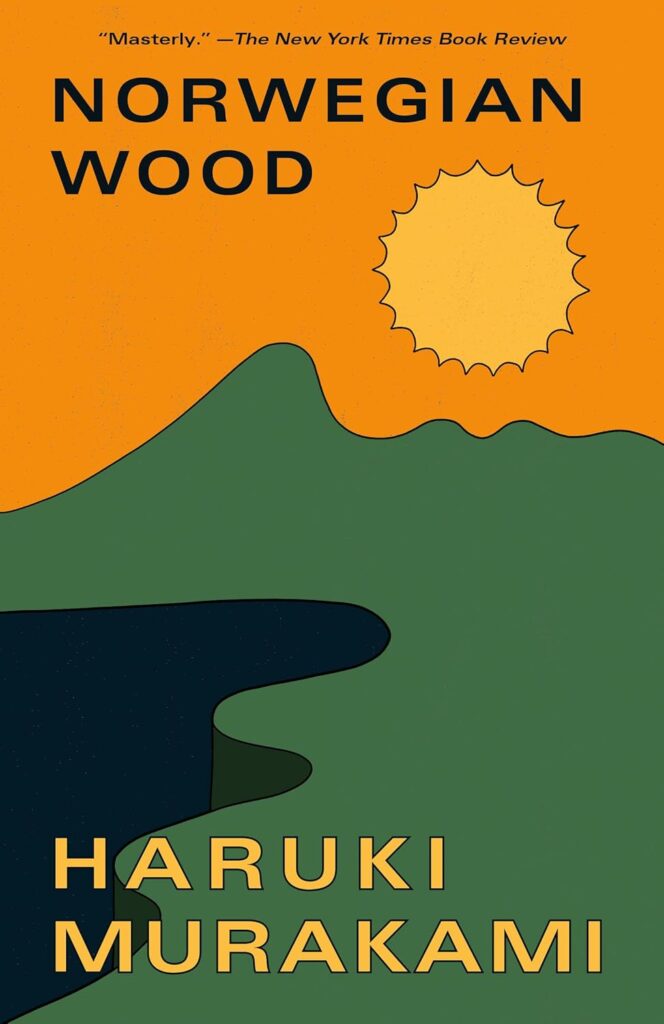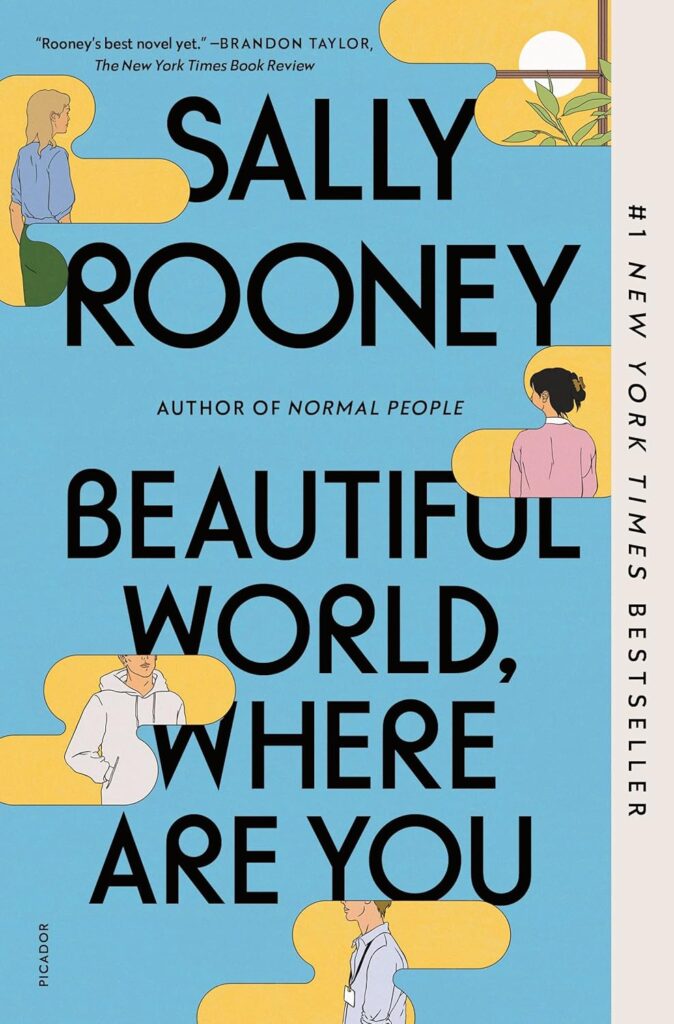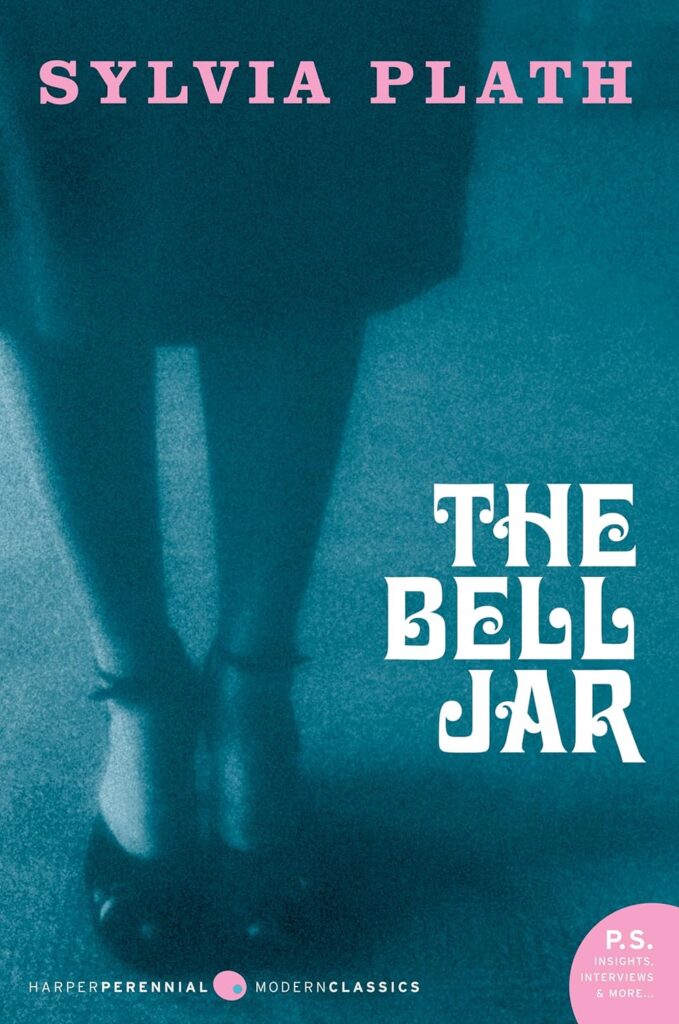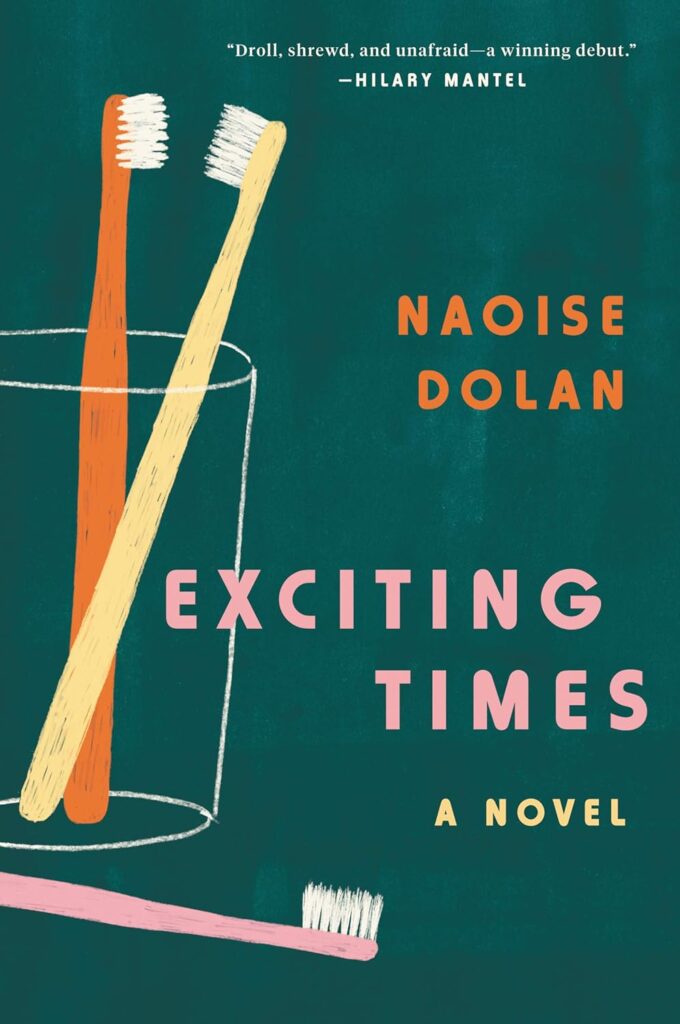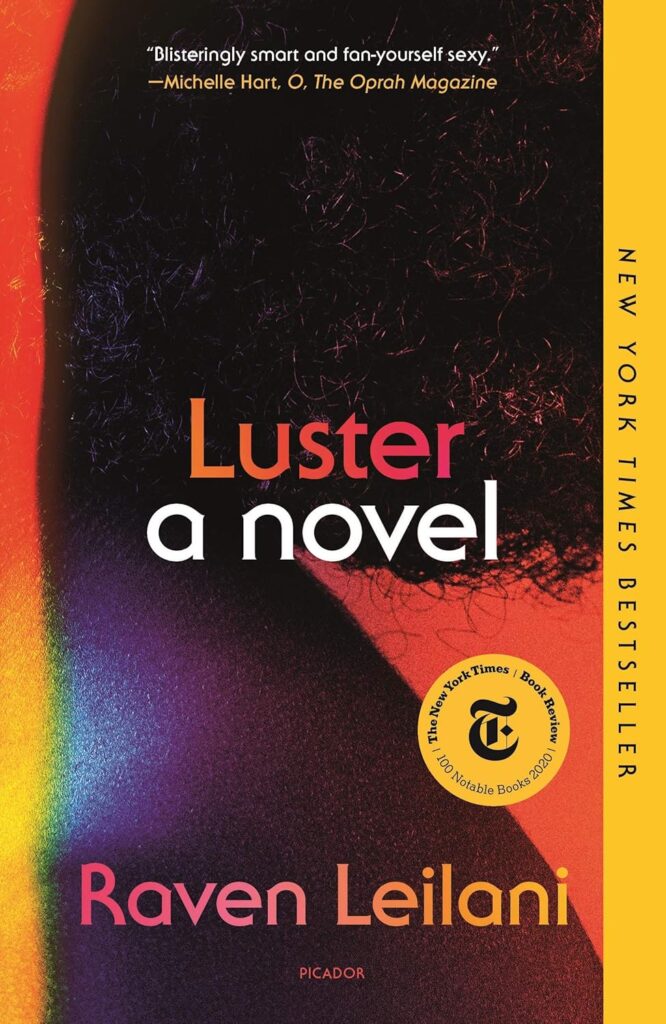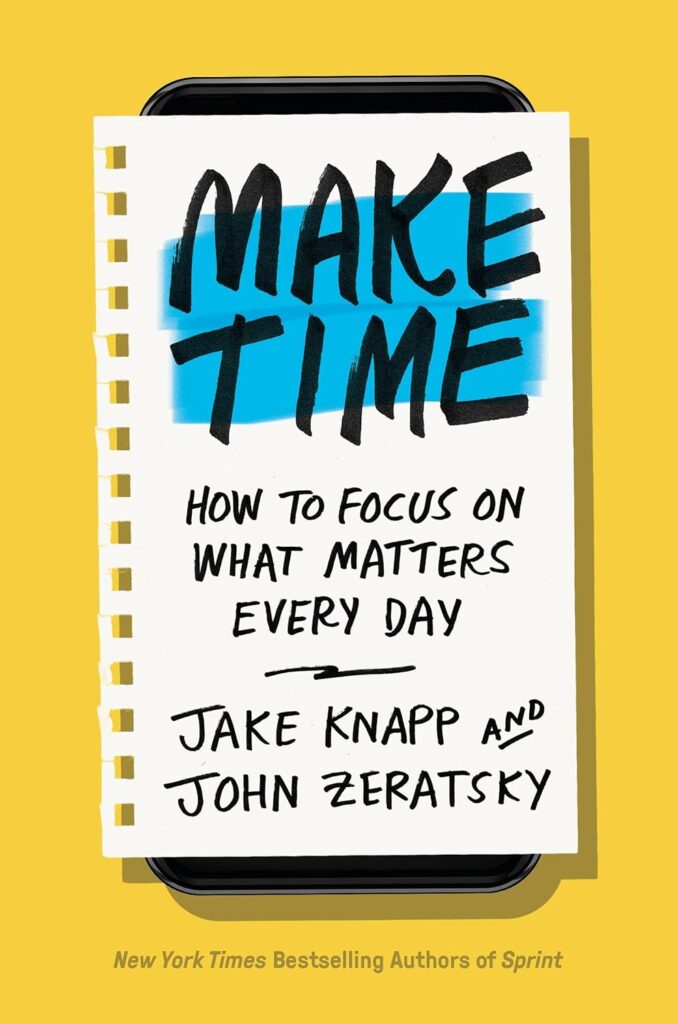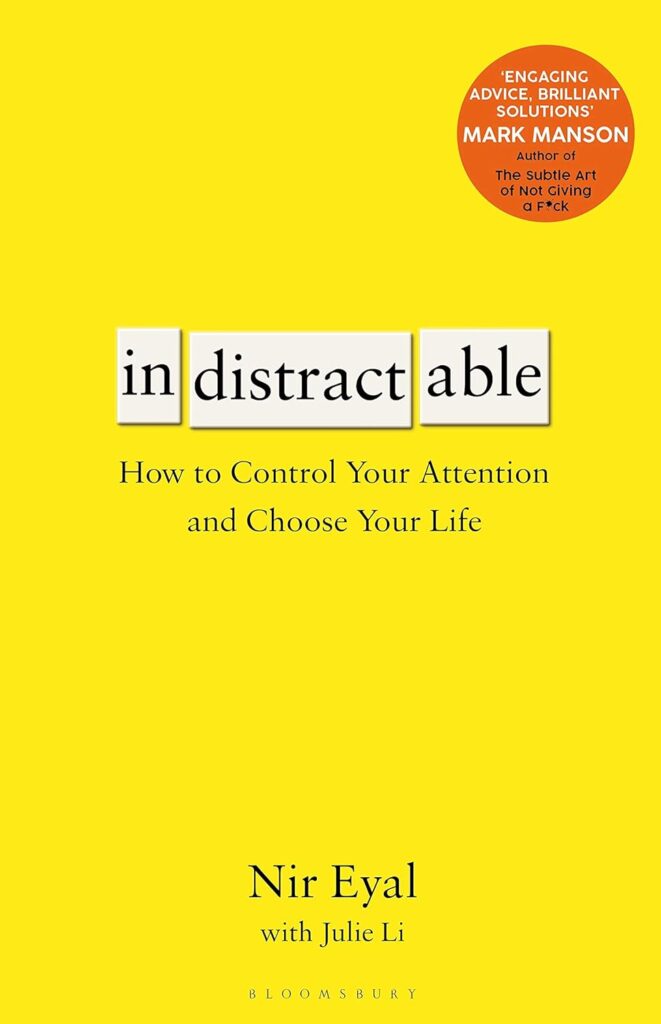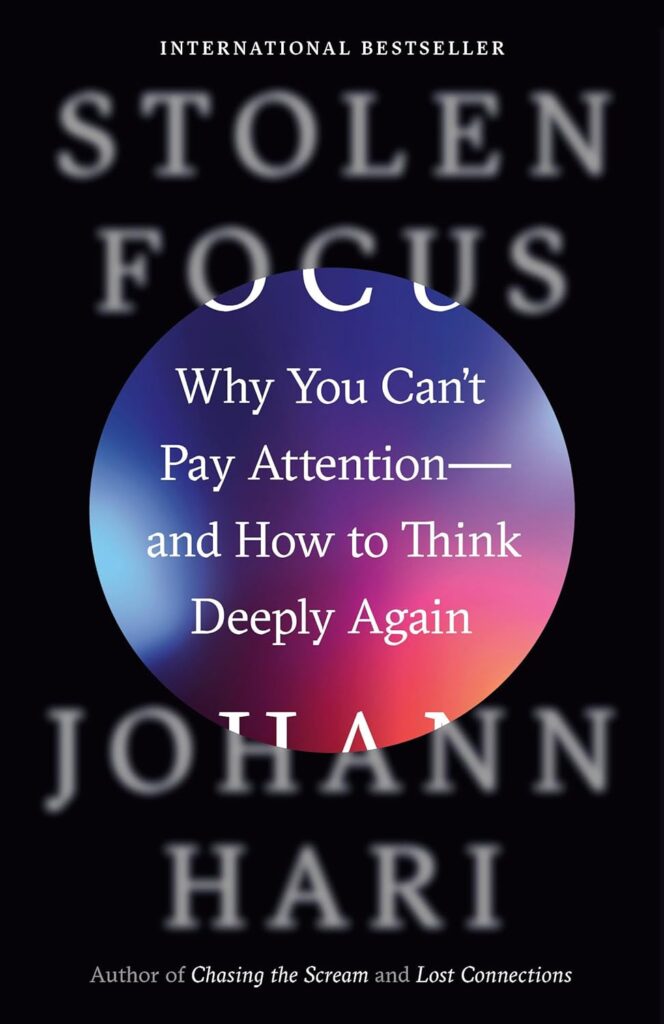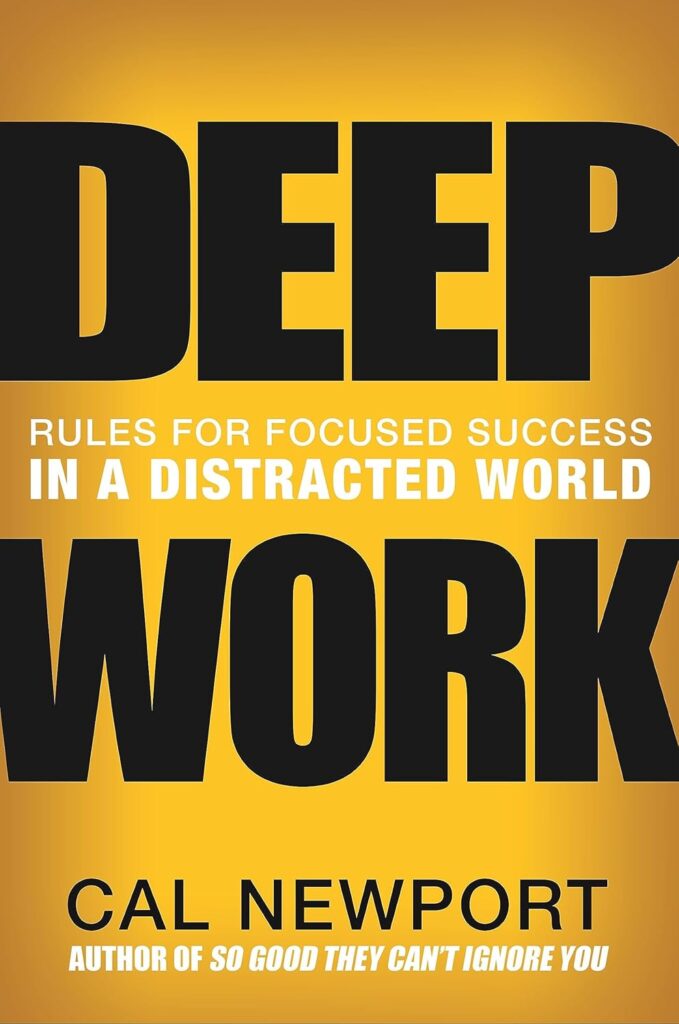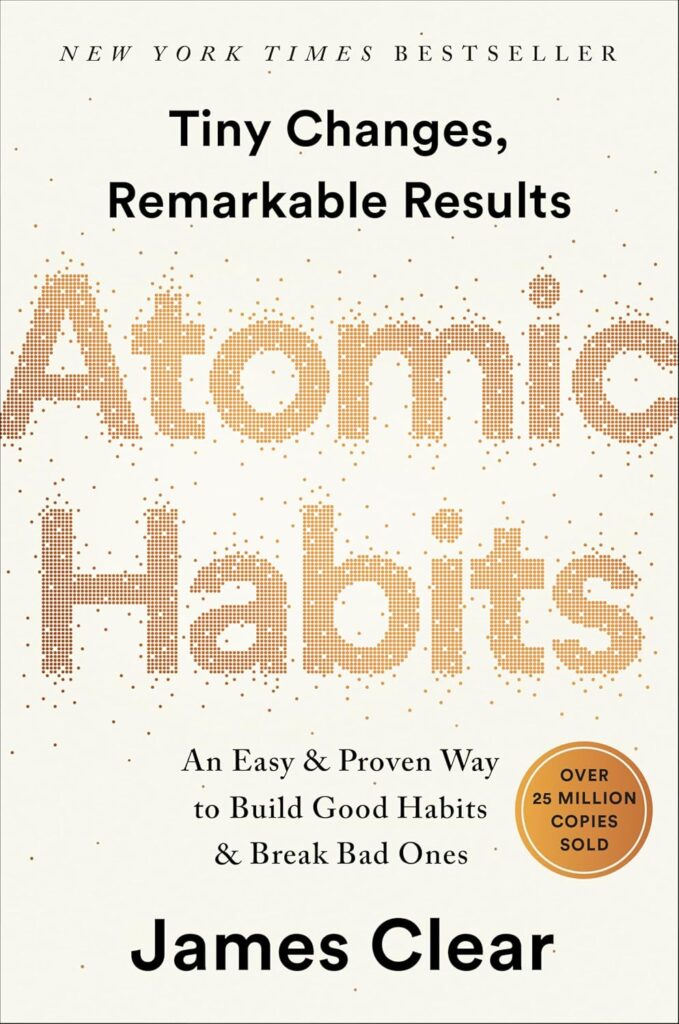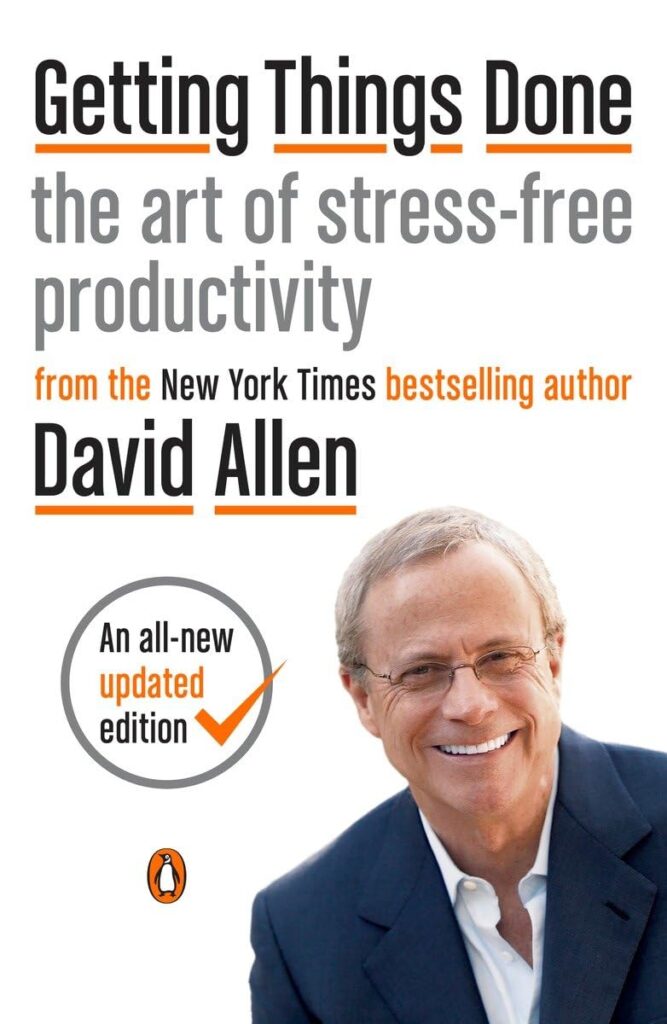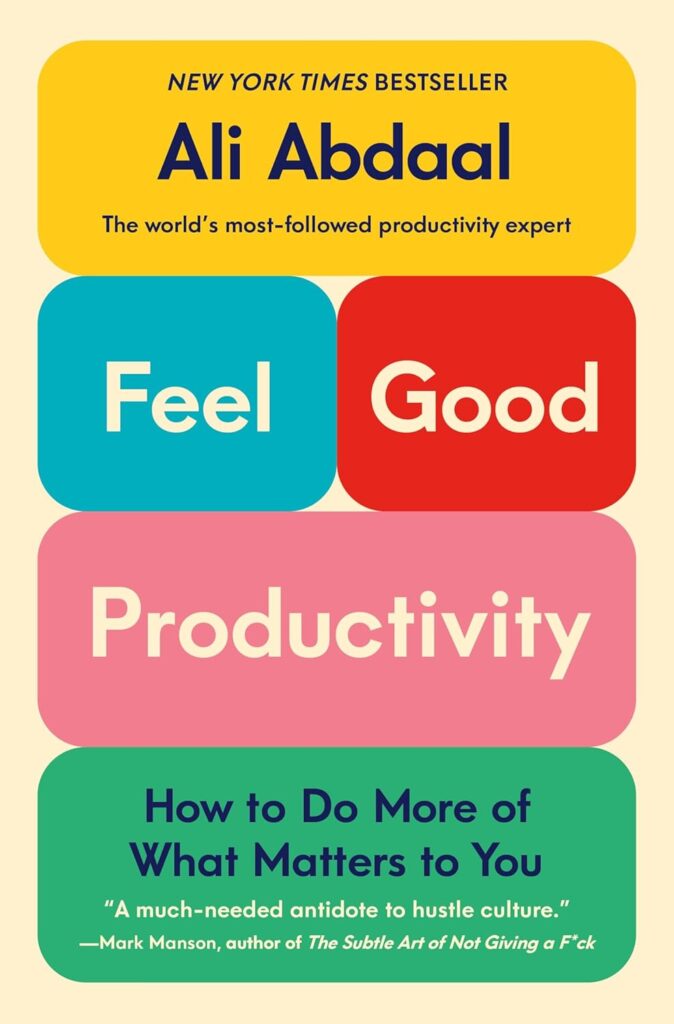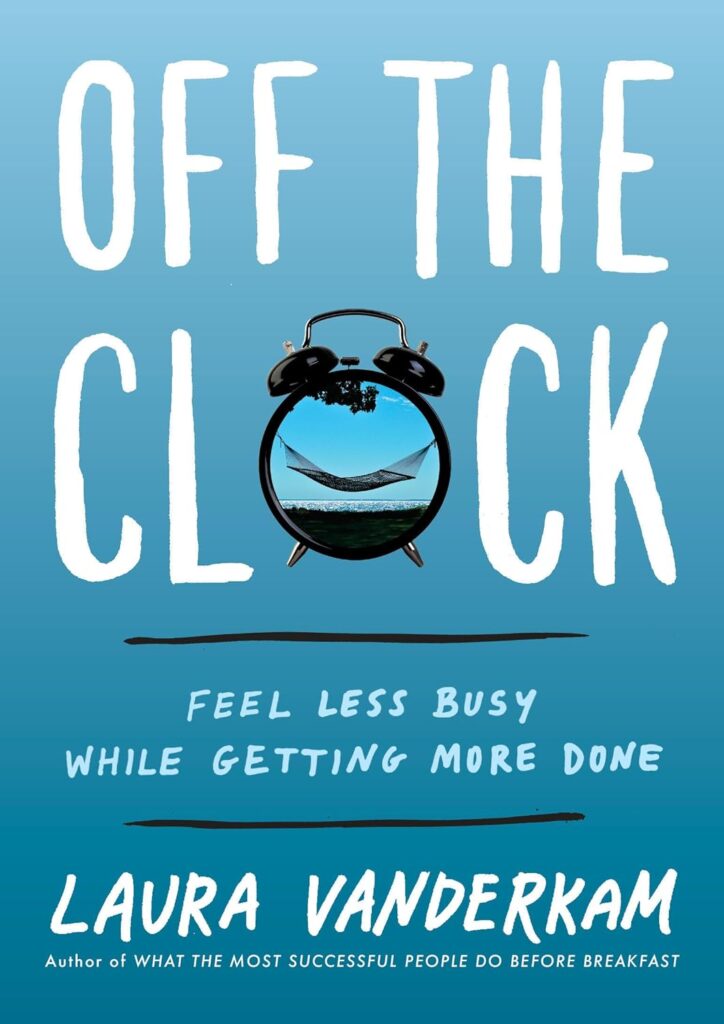Table of Contents
Sometimes it’s hard to know what to write when you open your journal. I’ve had days where I just stare at a blank page, waiting for something to come. That’s where journaling prompts help. They act like gentle nudges, giving you a starting point so your thoughts can flow. According to Harvard Health, writing about your emotions can even improve mental well-being.
I’ve collected some of my favorite journaling prompts, ones I’ve tried myself and found genuinely useful. Whether you journal daily or only now and then, these ideas can help you explore your feelings, clarify your goals, and build a deeper connection with yourself.
Journaling Prompts for Self-Discovery
Getting to know yourself better is one of the most rewarding parts of journaling. These prompts can help you explore who you are and what matters most:
- What are three values you want to live by this year?
- Recall a recent moment that made you feel most alive.
- Imagine how your younger self would see who you are today.
- Write about a time you felt proud of yourself.
Journaling Prompts for Growth & Goals
Growth doesn’t happen by accident; it comes from reflecting and setting direction. Use these prompts to focus on your future and the lessons from your past:
- What is one habit you’d like to build, and why?
- Where do you see yourself in five years, and what’s a small step you can take now?
- Describe a challenge you overcame and what it taught you.
- Define what success means to you personally.
Journaling Prompts for Daily Reflection
Regular journaling helps you notice patterns in your day-to-day life. These prompts are simple but powerful ways to check in:
- Think about the best part of your day.
- Describe one thing that drained your energy today.
- How did you practice kindness – either to yourself or others?
- Write down one thing you feel grateful for right now.
Journaling Prompts for Emotional Check-In
Emotions can be messy, but writing them down makes them easier to understand. These prompts guide you toward awareness and acceptance:
- Which emotion do you feel most often these days?
- When was the last time you felt completely at peace?
- Reflect on something that’s been on your mind lately and why.
- If your body could talk, what would it say about how you’re feeling?
Journaling Prompts for Creativity & Inspiration
Finally, journaling can also spark creativity. These prompts invite you to dream, imagine, and play with new ideas:
- If money and time were unlimited, what project would you start?
- Who inspires you most, and what can you learn from them?
- What does your perfect day look like from morning to night?
- Write about a dream (big or small) that excites you.
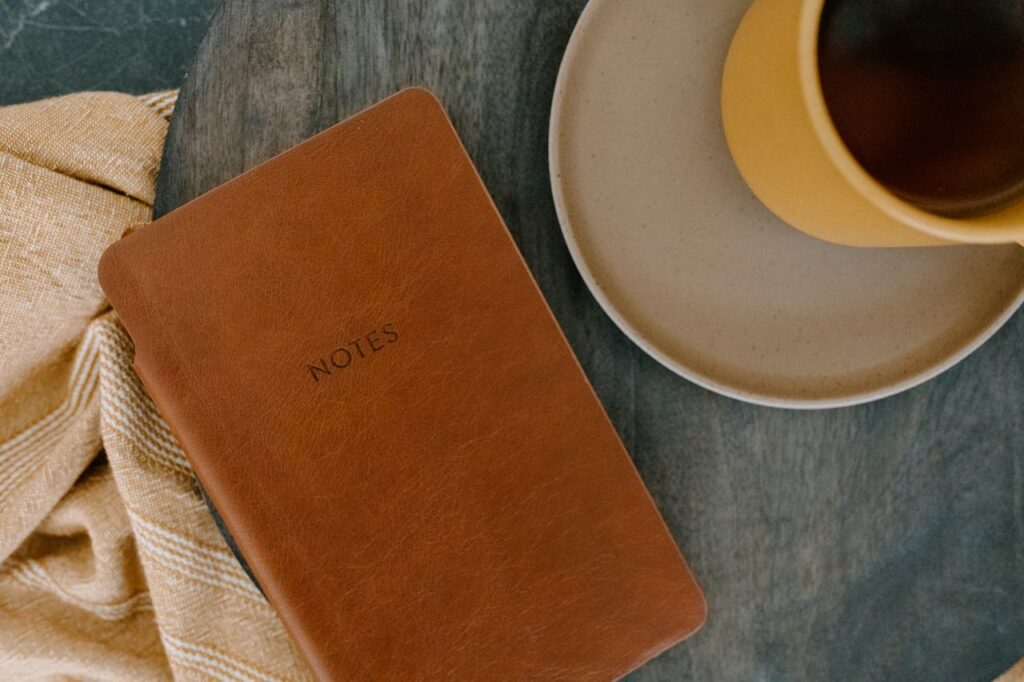
Conclusion
Journaling doesn’t need to be complicated or perfect – it just needs to be honest. These journaling prompts are gentle starting points to help you look inward, capture your thoughts, and uncover what truly matters to you.
Try choosing one prompt a day for a week and notice how your reflections evolve. Over time, your journal becomes more than a notebook, it turns into a safe space for growth, clarity, and self-discovery. If you miss a day, that’s okay. Return when you can, and pick up where you left off.
A few tips to make it easier: set a five-minute timer, write without editing, and revisit old entries to see what’s changed. Pair your journaling with reading, note a favorite quote, a feeling a book sparked, or a question you want to explore next. Small, consistent pages add up.
If you enjoy journaling for personal growth, explore more on my blog for book recommendations, creative routines, and mindful reading ideas to deepen your everyday practice.
